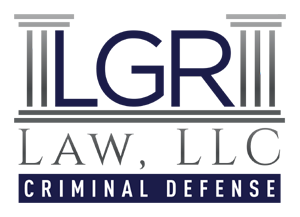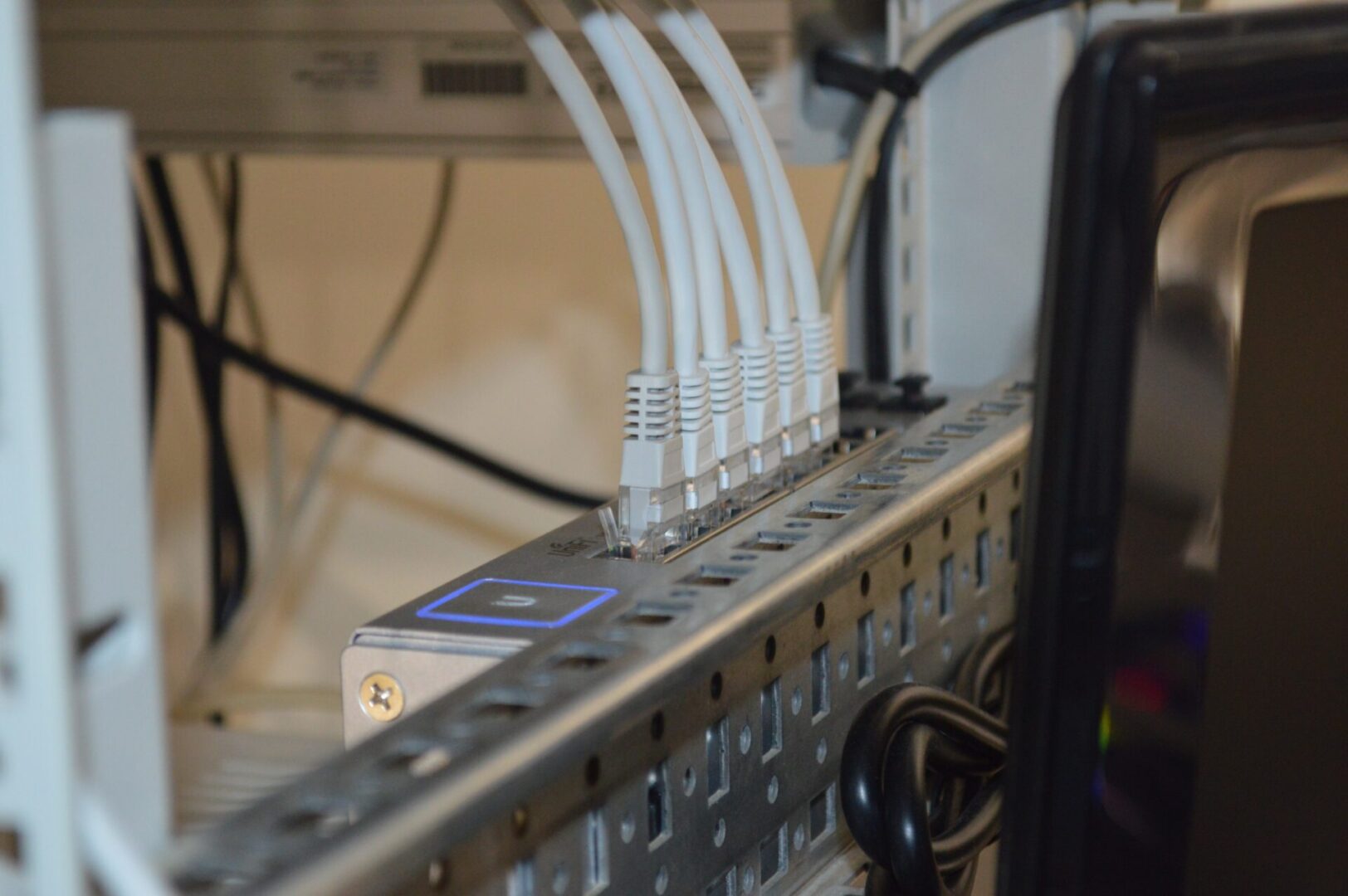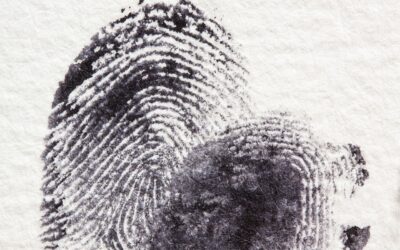The Supreme Court issued two opinions limiting the scope of federal fraud statutes that prohibit “honest services fraud” in Ciminelli v. United States and Percoco v. United States. 18 U.S.C. § 1346 states, “a scheme or artifice to defraud includes a scheme or artifice to deprive another of the intangible right of honest services.” Honest services fraud under 18 U.S.C. § 1346 is a federal crime involving the misuse of an individual’s position or authority for personal gain. Since implemented, case law has clarified that honest services fraud must include a bribe to be considered a crime, and thus, involves three elements: 1) someone offering a bribe or kickback; 2) someone accepting the bribe or kickback; and 3) someone deprived of the intangible right of honest services due to the bribe or kickback.
In Ciminelli v. United States, the Court invalidated the conviction of a construction company owner who engaged in bid rigging for government contracts. These contracts deprived the government of valuable economic information that was necessary to make economic decisions. The jury in the trial court was instructed that “property” as defined under the fraud statute included “intangible interests such as the right to control the use of one’s assets.” The Supreme Court unanimously held that this jury instruction was incorrect because the right to this valuable economic information was not a traditional property interest protected by the statute.
In Percoco v. United States, the Court invalidated the conviction of a New York government official who accepted money to advise a real estate development company in its dealings with a state agency. Additionally, Percoco accepted this money while on hiatus from his official role. The court held that the trial court’s jury instructions that it could convict Percoco of honest services fraud, even while not serving as a public official, if it found that he “dominated and controlled any government business” and that “people working in the government actually relied on him because of a special relationship he had with the government” were too vague and broad.
Both Ciminelli and Percoco make way for future challenges of fraud prosecutions involving intangible losses.
LGR Law, LLC’s federal criminal defense attorneys have the essential skills to protect your legal rights. Should you or a loved one face accusations of wire fraud or receive any indication of being a target of a federal investigation, contact Lorraine Gauli-Rufo, and the attorneys at LGR Law. (973) 239-4300, www.lgrlawgroup.com, [email protected].





0 Comments